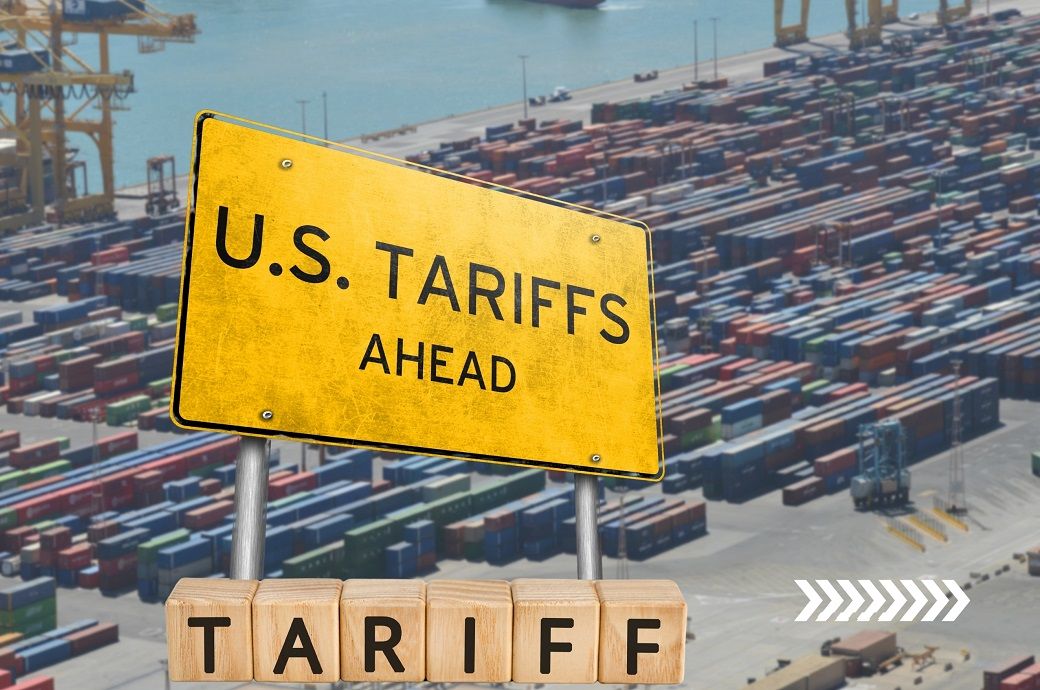
Speaking at a public forum, Coke-Hamilton criticised the US decision to delay the imposition of steep reciprocal tariffs, noting that while the pause temporarily shields developing countries from the harshest rates—ranging from 40 to 50 per cent in some cases—it comes at the cost of strategic clarity.
“This move extends the period of uncertainty, undermining long-term investment and business contracts, creating further instability,” she said.
Coke-Hamilton highlighted that although the current 10 per cent levy is less punitive than the proposed reciprocal rates, it remains an additional cost on top of existing duties. This layered burden disproportionately affects low-income exporters in apparel and agriculture.
The broader impact of restrictive trade policies is evident in the over 150 new trade barriers tracked globally in 2025 alone, exacerbating the downturn that began with the Ukraine war and rising geopolitical friction.
Developing nations are hit hardest. Lesotho, for instance, faces a looming 50 per cent tariff on apparel exports—jeopardising duty-free benefits under the African Growth and Opportunity Act and endangering tens of thousands of jobs. Vietnam, despite negotiating a lower rate, now faces a 20 per cent tariff—double the temporary 10 per cent base and still a major hurdle for its nearly $1 billion auto sector exports to the US.
Further complexity emerged over the weekend with the announcement of an additional 10 per cent tariff on countries aligning with certain BRICS policies, a move seen as further targeting the Global South.
To compound the trade disruption, G7 countries are projected to slash development aid by 28 per cent in 2025—the steepest cut since the bloc’s founding. “A perfect storm is brewing,” Coke-Hamilton warned, “just as trade becomes more unpredictable, external support through aid is also shrinking”.
However, she outlined three strategies for developing nations to regain stability: investing in regional value chains—such as through the African Continental Free Trade Area (AfCFTA); focusing on value-added manufacturing to reduce commodity dependence; and elevating the small business agenda, which will be central to the Global SME Ministerial Meeting in Johannesburg on July 22-24.
“The path forward for developing economies lies in cooperation, innovation, and a renewed focus on inclusive trade,” she concluded.
ALCHEMPro News Desk (KD)
Receive daily prices and market insights straight to your inbox. Subscribe to AlchemPro Weekly!